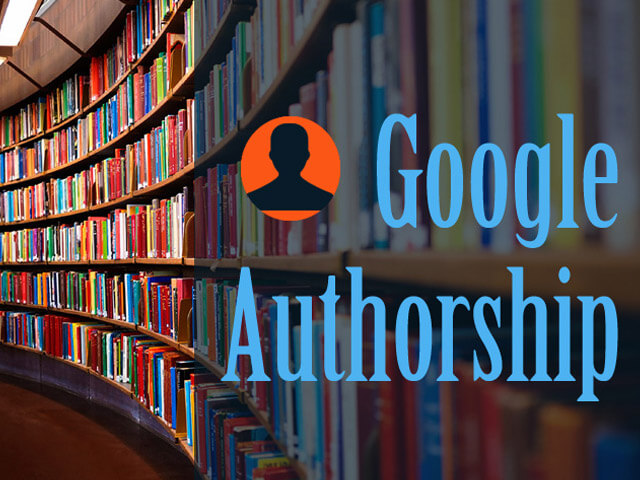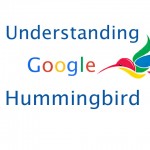Says Google Chairman Eric Schmidt, “Within search results, information tied to verified online profiles will be ranked higher than content without such verification, which will result in most users naturally clicking on the top (verified) results.”
So its official – Google Authorship is one step towards Google’s trust signals of a website (content). What it essentially does is link the content of a webpage with its author. So when you publish a piece of content on the page, you can link it to the author’s Google+ profile. The author in turn has to authenticate the content as his own, and a link is established. Influential writers, experts in their domain, can add credibility to a website by contributing content about their specific subjects. The search engine (Google) gives preference to search results with content that are linked to established writers.
Google Authorship is a great way of refining search result to return more appropriate and high quality information to a certain query. But then there are flip sides to this when we are looking at it from the context of start ups, small and medium sized companies adopting Google Authorship to enhance the rank of their content.
– First and foremost, not all content producers are really established authors at the start. In fact, how do we measure who is an ‘expert’ author? The answer to this cannot be given in one simple sentence. Expertise is relative, and there is no upper limit to gaining expertise in a subject. So writers have to build on their portfolio over a period of time, religiously publishing well researched and well referenced unique content. And this is just one side of it. Once the content is published, it is necessary to spread and distribute the content to relevant channels.
– Not all expert writers have been socially active. If so, then the writer has to start building up his social profile starting this very moment. Better late than never! If you publish content on the web, very soon, you will be out of job if you aren’t able to establish authority, because businesses will gradually want to work with writers who have a strong social profile and influential connections.
– What can businesses do to capitalize on this trust signal through authorship? For major brands and businesses, they will be meticulous while on-boarding writers and content producers for their website, given the fact that Google gives preference to those with a more prominent digital footprint. For businesses with a limited scope of exploring content sources, working with in house writers, the focus should be to build the author profile over a period of time. The key is to associate the website with genuinely useful and original content that speaks with verified data.
There is no short cut to achieve authority and trust (apart from delivering quality every single time), at least none that works in the long run. So for writers – build an audience, grow your G+ circle, post regularly and post cleverly, so that people want to have you in their circle too. Share your content, build a community, engage and socialize. It does not matter if you aren’t too social a personality! It is like you’re your digital PR.
To boost you up, here’s what Matt Cutts says about Google Authorship – “If we could get more identity baked into the web and knowing who wrote what as far as content, then there would be fewer dark places around the web for the spammers to hide. So I think overall that’s got be a nice long-term trend that a lot of companies pay attention to.” I bolded ‘long term’ to draw your attention to the fact that G+ trust signal is here to stay for a good while now. That should get you started!



 (6 votes, average: 4.50 out of 5)
(6 votes, average: 4.50 out of 5)






